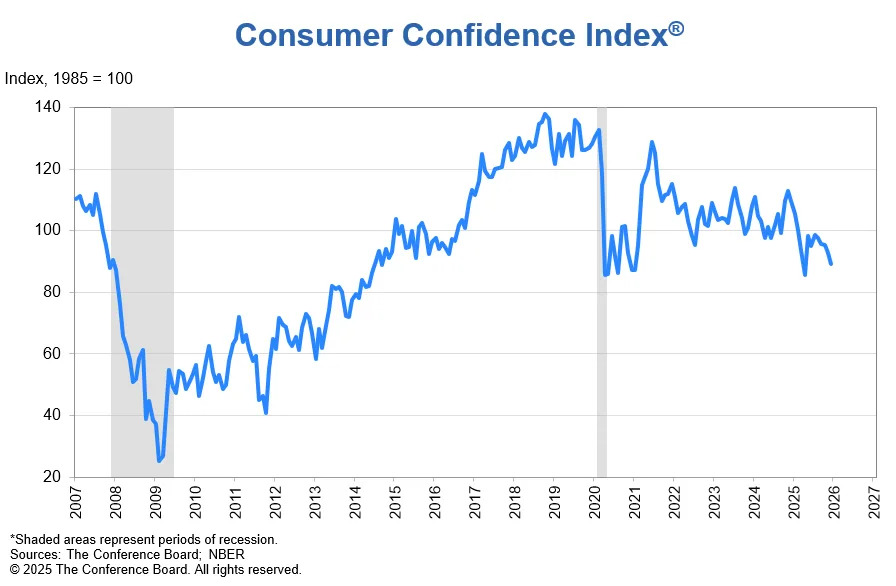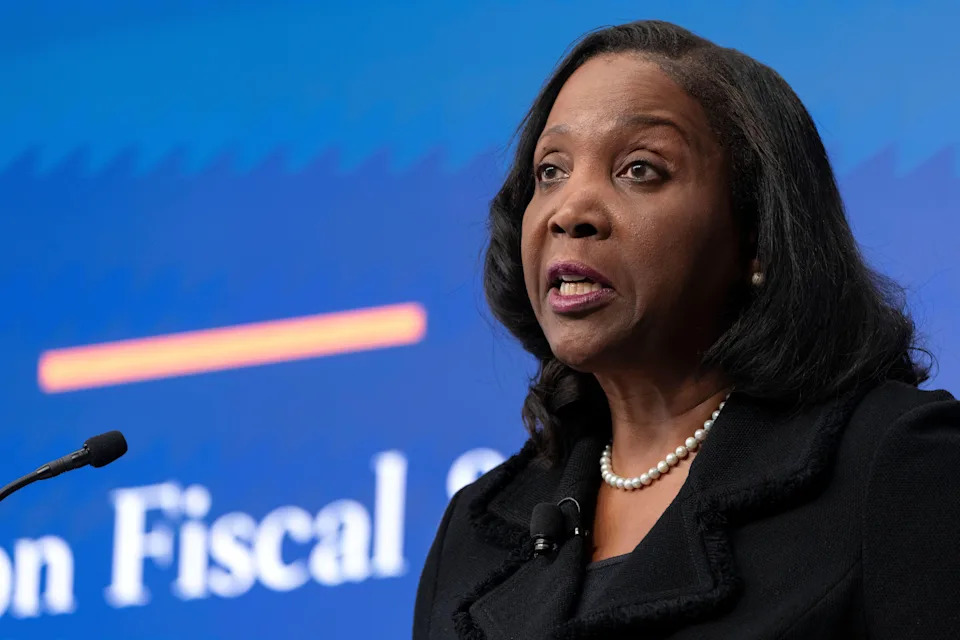
Singapore orders local crypto firms to cease overseas activity by June 30
Key Points
- Singapore's central bank, the Monetary Authority of Singapore (MAS), has mandated that local crypto firms cease offering digital token services to overseas markets by June 30, 2025.
- Failure to comply with the new regulations under the Financial Services and Markets Act of 2022 could result in fines of up to 250,000 Singaporean dollars (approximately $200,000) and imprisonment of up to three years.
- No transitional arrangements will be provided, and only firms licensed or exempted under existing financial laws can continue operations without conflict.
- Licenses under the new framework will be granted only in rare cases due to concerns over Anti-Money Laundering (AML) and Counter-Terrorist Financing (CFT) risks.
- The regulation aims to address cross-border risks by ensuring compliance with AML and CFT standards, even for firms not offering services within Singapore.
Summary
Singapore’s central bank, the Monetary Authority of Singapore (MAS), has imposed a strict deadline of June 30, 2025, for local crypto firms to halt digital token services targeting overseas markets. This directive, part of the Financial Services and Markets Act of 2022, aims to tighten regulatory oversight and address cross-border risks in the digital asset sector. Firms failing to comply face severe penalties, including fines of up to 250,000 Singaporean dollars (about $200,000) and imprisonment for up to three years. No transitional arrangements are offered, and only companies licensed or exempted under existing financial laws can continue operations. Licenses under the new framework will be rare due to heightened concerns over Anti-Money Laundering (AML) and Counter-Terrorist Financing (CFT). MAS is concerned that crypto firms could exploit regulatory gaps by operating unregulated activities abroad while registered in Singapore. Legal experts urge companies to restructure operations to mitigate risks and comply with the new rules, which also mandate adherence to AML and CFT standards for overseas operations. This move reflects Singapore’s broader effort to strengthen control over the crypto industry and prevent potential regulatory loopholes.
cointelegraph
June 3, 2025
Crypto


